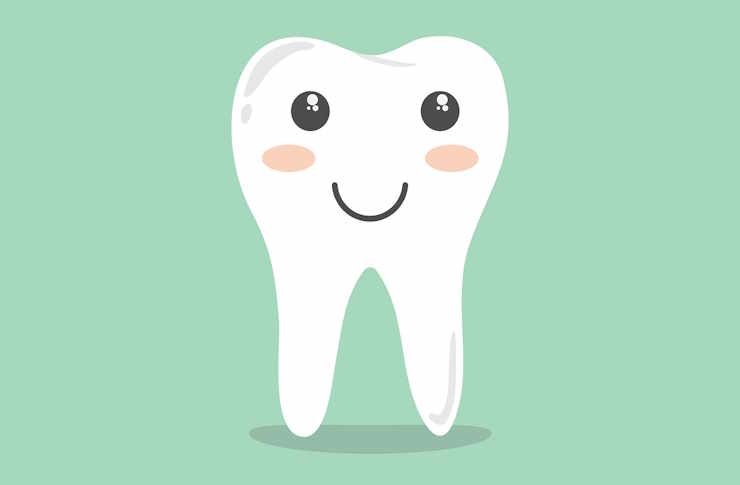Oral health and care: Importance and methods of maintaining oral health in the elderly
Oral health is an important part of overall health, especially for older adults. Maintaining good oral health can prevent a variety of diseases, improve quality of life, and help ensure adequate nutrition and social interaction. Here are some specific reasons why oral health is important for older adults:

The Ultimate Guide to Maintaining a Healthy Smile
A radiant smile is more than just an aesthetic asset; it’s a reflection of your overall health. Proper teeth care is essential for maintaining not only your oral health but also your general well-being. This comprehensive guide will explore the importance of oral hygiene, common dental issues, and effective strategies to keep your pearly whites in top condition.
Understanding the Basics of Oral Health
Oral health is a crucial aspect of your overall wellness. Poor dental hygiene can lead to various health problems, including heart disease, diabetes, and respiratory infections. By maintaining good oral habits, you’re not just protecting your teeth and gums; you’re safeguarding your entire body. Regular brushing, flossing, and dental check-ups form the foundation of a healthy mouth.
Common Dental Problems and Their Causes
Many people experience dental issues at some point in their lives. Tooth decay, gum disease, and bad breath are among the most prevalent problems. These issues often stem from inadequate oral hygiene, poor diet, and lifestyle factors such as smoking. Understanding the root causes of these problems can help you take proactive steps to prevent them and maintain optimal oral health.
Essential Daily Oral Care Routine
Establishing a consistent oral care routine is key to maintaining healthy teeth and gums. Brush your teeth at least twice a day using fluoride toothpaste and a soft-bristled brush. Don’t forget to floss daily to remove plaque and food particles between teeth. Additionally, using an antiseptic mouthwash can help reduce bacteria and freshen your breath. Remember, consistency is crucial when it comes to oral care.
The Role of Diet in Dental Health
What you eat plays a significant role in your oral health. A balanced diet rich in vitamins and minerals supports strong teeth and healthy gums. Limit sugary and acidic foods, as they can erode tooth enamel and promote decay. Instead, opt for calcium-rich foods like dairy products, leafy greens, and nuts. Drinking plenty of water throughout the day helps wash away food particles and bacteria, keeping your mouth clean and fresh.
Professional Dental Care and Its Importance
Regular dental check-ups are essential for maintaining optimal oral health. Dentists can detect early signs of dental problems and provide preventive treatments. Professional cleanings remove tartar buildup that regular brushing can’t eliminate. Aim to visit your dentist at least twice a year for routine examinations and cleanings. Don’t hesitate to seek professional help if you experience any dental pain or unusual symptoms.
- Brush teeth twice daily with fluoride toothpaste
- Floss at least once a day to remove plaque between teeth
- Use an antiseptic mouthwash to reduce bacteria
- Limit sugary and acidic foods in your diet
- Drink plenty of water throughout the day
- Visit your dentist regularly for check-ups and cleanings
- Replace your toothbrush every three to four months
- Consider using an electric toothbrush for more effective cleaning
- Avoid smoking and excessive alcohol consumption
- Wear a mouthguard during sports activities to protect your teeth
Advanced Dental Care Techniques
While basic oral hygiene practices are essential, incorporating advanced dental care techniques can further enhance your oral health. Consider using interdental brushes or water flossers to clean hard-to-reach areas between teeth. Tongue scrapers can help remove bacteria and freshen breath. Some people find electric toothbrushes more effective at removing plaque than manual ones. Additionally, professional teeth whitening treatments can boost your confidence by improving the appearance of your smile.
Maintaining good oral health is a lifelong commitment that requires consistency and dedication. By following proper dental care practices, you can prevent many common oral health issues and enjoy a healthy, beautiful smile for years to come. Remember that your oral health is closely linked to your overall well-being, so prioritizing teeth care is an investment in your long-term health and quality of life.
Disclaimer: This article is for informational purposes only and should not be considered medical advice. Please consult a qualified healthcare professional for personalized guidance and treatment.
The shared information of this generated article is up-to-date as of the publishing date. For more up-to-date information, please conduct own research.




